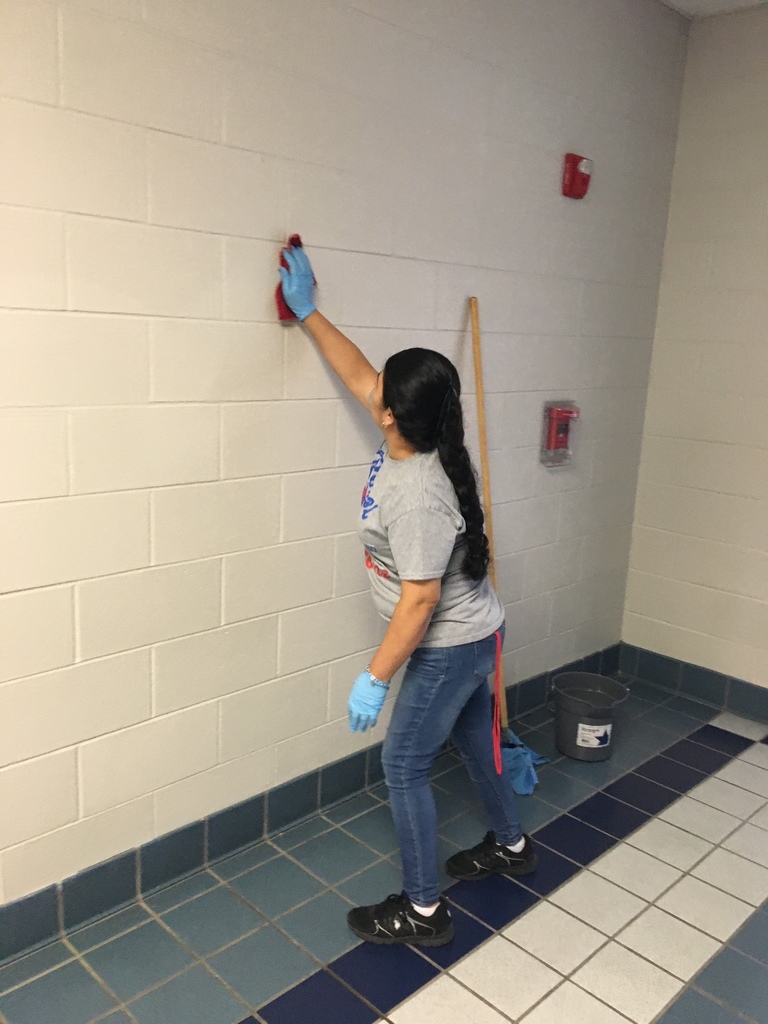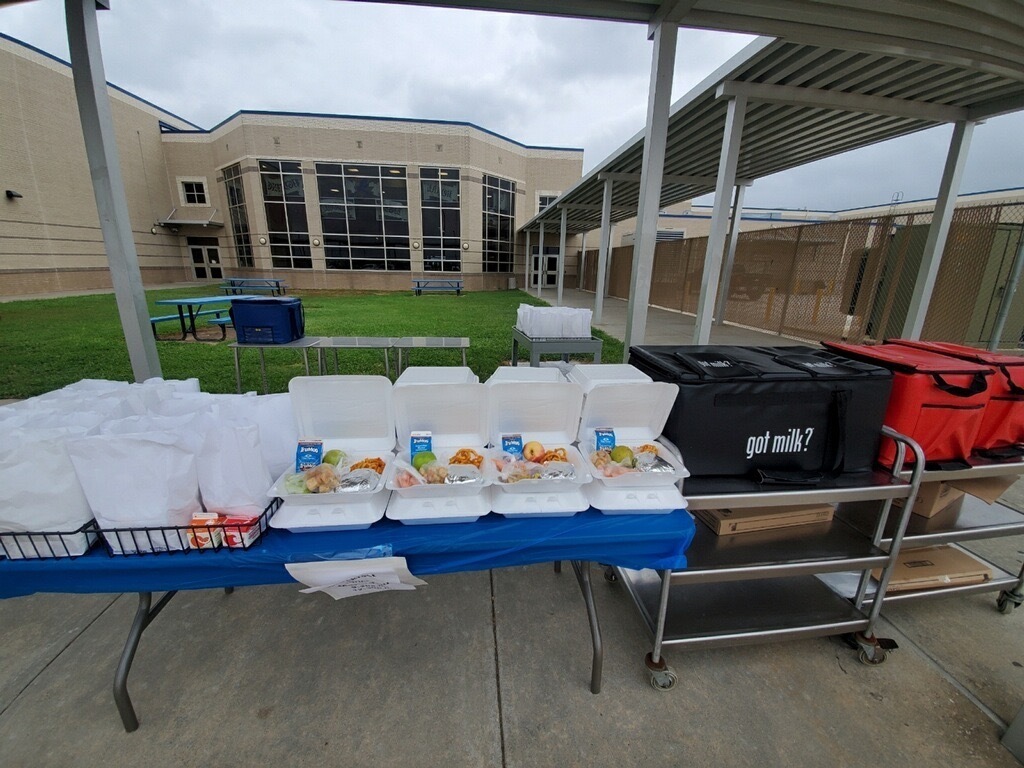Early Childhood Center cleaning by our rock star custodial team! Thank you!



KPRC Story Time! https://www.facebook.com/KPRC2/videos/617513785644825/
Today’s book is The Giving Tree, which was one of my kids’ favorite books. Enjoy!
The Falcon custodial team visited the Elementary today! This is just one of the many things RISD is doing to keep our community healthy and safe!



The Falcon Food Services team distributed 333 meals today, for a grand total of 702 for this week. Please continue to spread the word about this service. Details here: https://www.royal-isd.net/article/211605?org=royal-isd

Register for the first time or make sure your registration is up to date at votetexas.gov!

School counselors can help you support your teen
Your teen's school counselor is here to help her. But the counselor is also a resource for you. Contact the counselor if you have questions about your teen's classes or her schedule. You can also call if you are concerned about your teen's behavior, or to get help planning for her future. And if your teen's grades are suffering, the counselor can help you and your teen develop solutions to get her back on track.
http://niswc.com/36cSC320271
Official COVID19 page for Texas Education Agency: https://tea.texas.gov/#Coronavirus%20(COVID-19)
Eliminate supply hunts at homework time
If statements like "I can't find a ruler" and "I can't do my social studies until I find my colored pencils" are common delay tactics at homework time, help your child create a homework tray. Collect tape, glue, rulers, pencils and other supplies and put them in a tray tote or a basket. The container is off limits unless your child is doing homework. With everything in one place, your child can't waste time hunting.
http://niswc.com/16cSC320271
Encourage activities that reveal strengths and interests
Discovering strengths and interests is a key step in the journey toward college and career readiness. Reading widely will expose your teen to new ideas and pursuits. So will talking to people about their jobs and interests. Encourage him to try new things, such as a new club at school. And when he learns about a career he might like, suggest that he find out what high school classes he should take to prepare.
http://niswc.com/36cRC320271
Create a time line of your child's lifetime
A time line is a graphic way to help your child connect world history to her own personal history. To make one, stretch a roll of paper along the floor. Have your child draw a line horizontally across it. Above the line, she can write important dates in her life, chronologically from left to right. Below the line, help her do the same with historic events that have occurred since her birth.
http://niswc.com/16cRC320271
EXTENDED! Falcon Drive Through Meals will continue until April 10.

Thank you to our custodial team! They were hard at work earlier keeping Royal Junior High safe!


Our food service team distributed 226 meals to Royal students today, up from 103 yesterday. Please continue to share the news of this opportunity. https://www.royal-isd.net/article/211605?org=royal-isd


Don't forget to stop by Falcon Drive-Thru today. Our food services team is working hard to keep our students fed!




¿Tienes hijos más pequeños? ¡Haz del lavado de manos un juego! Aquí hay algunos recursos y actividades.https://5il.co/dvmx y https://www.youtube.com/watch?v=QRa9On5_grA y
https://www.youtube.com/watch?v=rWFuutksfOM
Stay social, at a distance.


Have younger children? Make handwashing a game! Here are some resources and activities: http://mrsaactionuk.net/kidshandwashing.html and https://5il.co/dvmw
To prevent prejudice, be a model
When teaching your child to view others without prejudice, your actions speak louder than words. Keep in mind that physical differences don't have to be the way you identify people: "the man in the blue shirt" works just as well as "the man in the wheelchair." Avoid generalizing and speak of people as individuals. Explain to your child that differences exist, but they don't make anyone less worthy of respect.
http://niswc.com/16cQC320271
Do you know the signs of inhalant abuse?
Inhalant abuse is highest among young people under 25 years old. And for too many, it is fatal. Could your teen be using household items such as felt-tip markers, glue and paint to get high? Contact a doctor or school counselor if you see these signs: slurred speech, a drunken appearance, a chemical smell on breath or clothing, paint stains on clothing or skin, or sores or a rash around your teen's nose or mouth.
http://niswc.com/36cQC320271
The second day of Falcon Drive Thru is going well! As of 11:40am, 64 families have picked up meals for their kids today. A huge thank you to the RISD Food Services team for their hard work!

